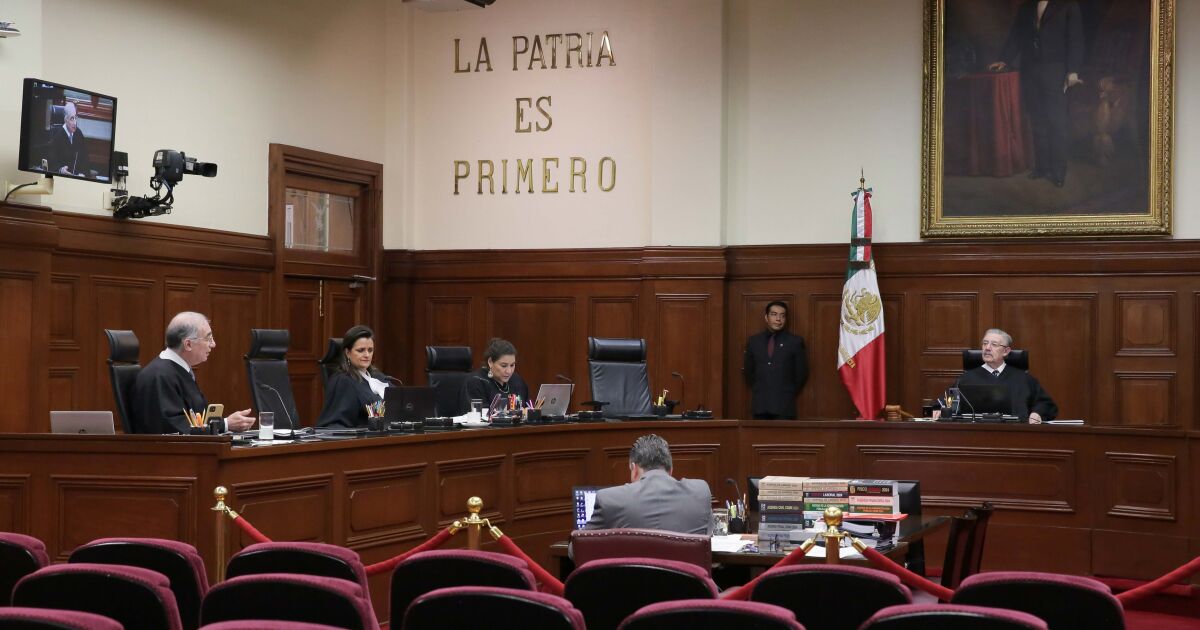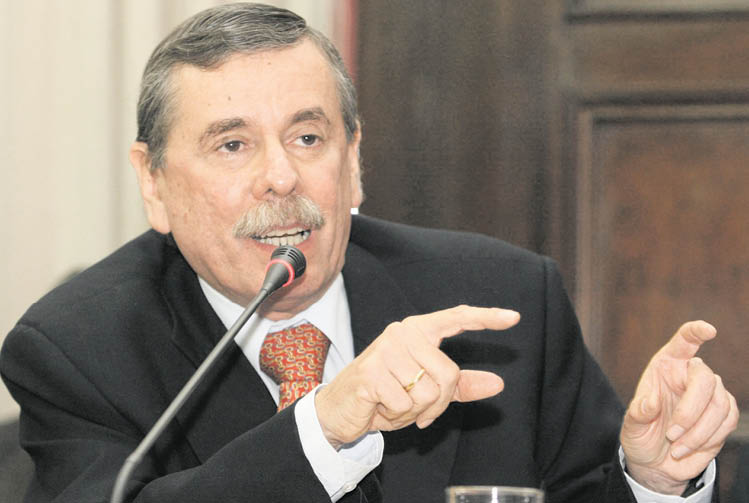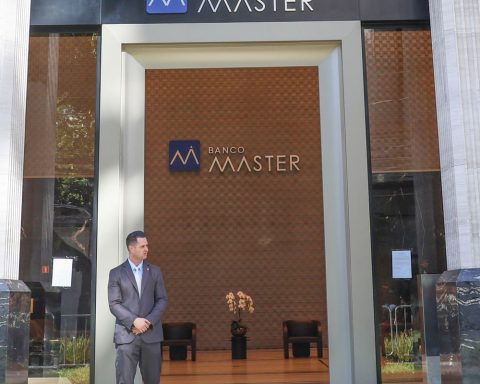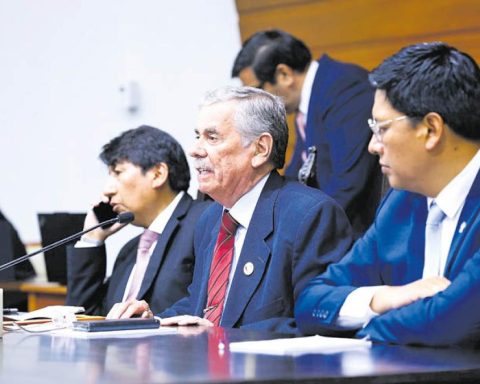Since 1994, the Court has had the political and constitutional power to review laws passed by the Executive and Legislative branches that do not violate the Constitution and, since 2011, international treaties and conventions on human rights.
The judicial reform of 1994 was the most important democratic legacy of the government of former President Ernesto Zedillo, because it allowed decisions made by the PRI at that time to be reviewed by a group of judges who would enjoy independence because they could not be removed from office, had an unmovable salary higher than that of the president and all public officials to avoid political pressure, and would remain in office for 15 years to prevent a single political party from appointing all the ministers and generating political dependencies.
Andrés Manuel López Obrador’s 2024 judicial reform is exactly the opposite. It removes the Court’s powers of review, limiting the effects of constitutional controversies, unconstitutionality actions and amparos. If any political or public authority now violates any of their human rights, instead of obtaining a provisional suspension a week while the case is resolved, they will have to wait until it is resolved, and their rights will continue to be violated.
They say it will be six months, but there is no evidence that this can be the case with the four judges per 100,000 inhabitants that we have. The judicial systems of consolidated democracies have an average of 18 judges per 100,000 inhabitants. Nowhere in the reform is there any mention of increasing the number of judges.
Now, what is the role of our Constitutional Court in the face of a reform that leaves people without an independent federal judiciary, without the possibility of having effective mechanisms to defend our rights?
Today, more than ever, it is essential that the Court use its constitutional and conventional review power to determine how regressive this reform is for human rights, the separation of powers and democracy. Justices must adopt a post-positivist perspective and leave legal formalism behind to more broadly protect our human right to an independent justice system and constitutional review resources that protect us.
The ministers are obliged to study the case of judicial reform taking into consideration the effects that it will have on democracy and human rights if we are left without an independent and professional court, or without the possibility of challenging before an independent third party the decisions and actions of authorities who have today shown their authoritarian nature.

















